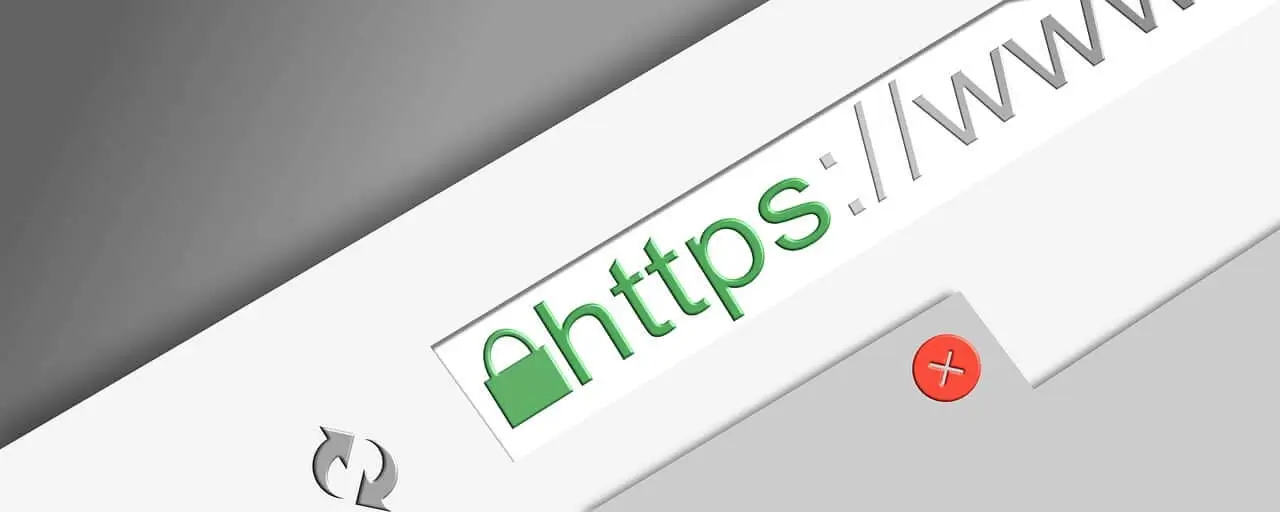10 reasons to avoid WordPress when building a website
You must have heard of it. WordPress. The most famous CMS system for creating websites. Of course, development companies, for whom it generates considerable profits, love it. But it is different with small entrepreneurs who do not devote themselves to creating a website, but need it for their business. And they reached for WordPress because there seemed to be nothing better on the market. But is it really so?

Maybe you know it. There are far more articles on the Internet about the benefits of WordPress than there are about its negatives. You also read a very convincing one called "How to create your own website in an hour" and decided to give it a try. After intensive research on the Internet, reading a few manuals and watching a few video tutorials, you finally learned how to register a domain and hosting and install WordPress on it. With some web hosting companies, installation takes a few clicks. Looks great so far.
With a bit of luck, you now see the text "Hello world!" on your home page. It's on the right track. WordPress even greeted me politely, maybe we'll even be friends. However, the enthusiasm quickly fades when you find out what web development entails. Plugins, SEO, security certificates, HTML, JavaScript, frontend, backend, database system... Is it really worth it? Wouldn't it be better to devote yourself fully to your own business and in the evening, instead of tearing your hair out over WordPress, relax with your partner over a glass of wine and gather strength for the next working day?
WordPress is suitable for simple projects such as a blog (it was originally created for this purpose). But if you plan to have more complex features on your website, there are other options. If you have a big enough budget and you don't mind paying the company hundreds of euros per year just for maintenance, feel free to have it done in WordPress as well. Theoretically, anything can be built on it. For example, the official website of Harvard University runs on it, which probably will not have a problem with the budget and developers. If you are looking for a more economical solution, try to consider a company that builds websites on its own solutions and has good reviews from its customers.
There are more than enough reasons to avoid WordPress. We bring you the most important 10 of them.
- Even WordPress doesn't work for free. WordPress itself is free, but you have to pay extra for everything else. And it won't be enough. The more complex the website, the higher the price for development and subsequent maintenance.
- It is difficult not only for a beginner. And we are talking only about the administration. And basic modifications in the content.
- The more popular, the more vulnerable. Because WordPress is a very popular platform, it is prone to targeted hacker attacks. In order to minimize this risk, you need to spend quite a lot of effort in maintenance and updates.
- Even an experienced IT sailor gets lost in the sea of plugins. Without plugins, a basic WordPress installation is mostly useless. At the beginning, when there are a few plugins, it still looks pretty good. But when you start getting lost in plugins, it doesn't bode well.
- You will pay extra for high-quality code. However, a higher price may not automatically be a guarantee of quality. Quality plugins are often charged. And they need to be updated at least once a year. Which probably won't be free either.
- Do you like to have things under complete control? With WordPress, forget about full control. In order to be in full control of a WordPress site, you need to know its core in depth. It's not impossible, you can study everything, but even that may not be enough to be able to make really complex interventions in your website.
- Specific server requirements. WordPress is written in PHP. The PHP code runs on the server. This is usually Apache or Nginx. If you don't have at least your own VPS, you will sometimes encounter unpleasant limits on shared hosting.
- It won't work without updates. And it doesn't have to be fun with them. Updating WordPress and its plugins can sometimes be quite a lottery. Especially if there are many plugins and each one is from a different author. You firmly hope that instead of arguments, you will see exemplary cooperation. Even so, it's better to check after the update that everything on the website is working as it should. For example, that the contact form actually sends an email and the particular plugin did not conflict with WordPress core or another plugin.
- The reliability of WordPress is debatable. WordPress itself is relatively reliable. As we already know, it is unusable without plugins. And the more you install them in WordPress, the more questionable is the reliability of the entire website.
- Speed really does matter. If you want a website that will load quickly, WordPress will not be right for you. The more plugins, the slower the website. Fortunately, there are plugins to speed it up. And if that's still not enough, you might find plugins to speed up the acceleration.
Do you have to use WordPress? If for any reason there is no other way and you have to build the website on WordPress, we recommend you to switch to the "headless CMS" architecture.






















